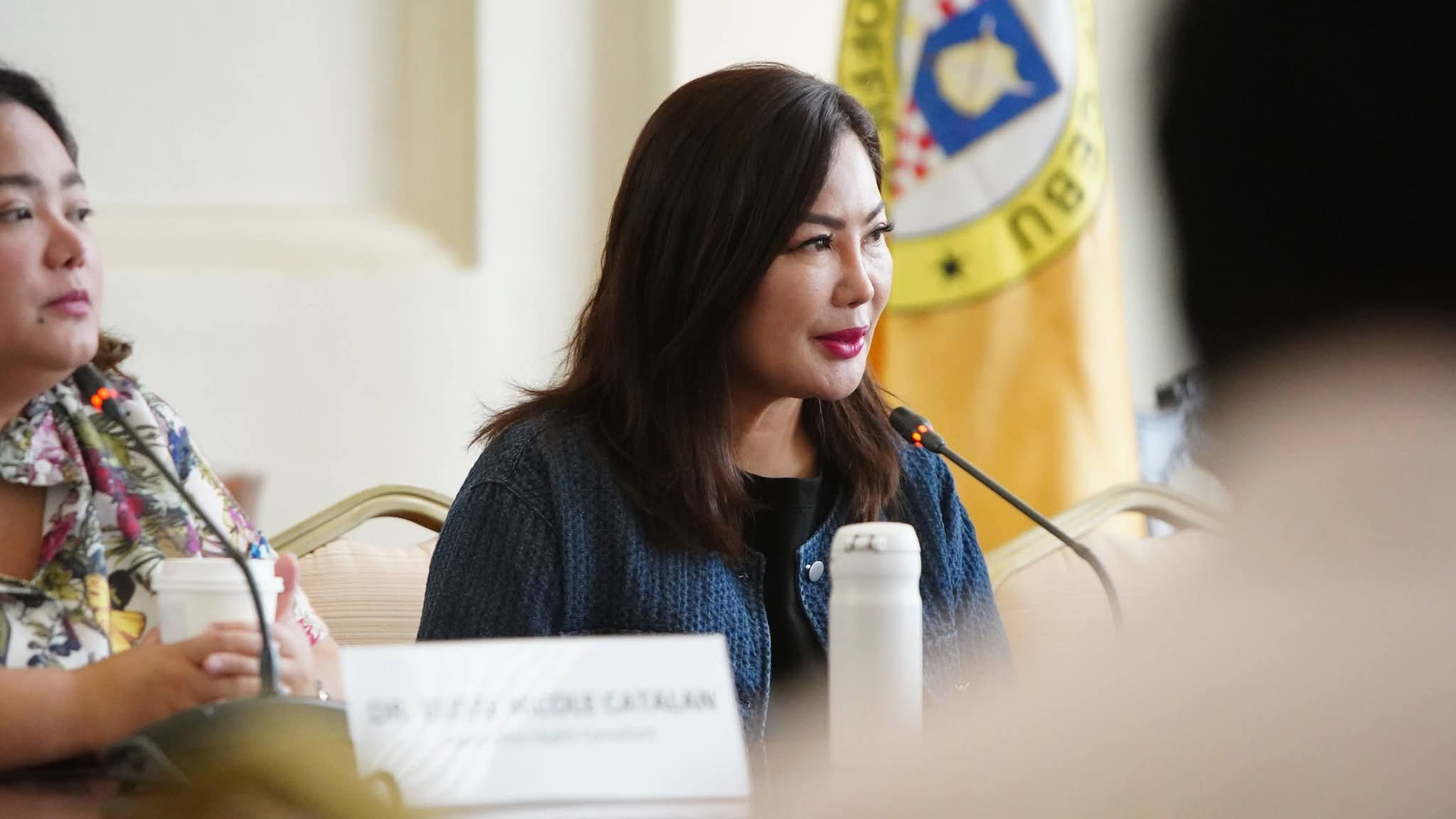Dr. Mitzi Maria Chua, Dr. Jonathan Lim, and Ms. Elizabeth Tan at the 24th Philippine National Immunization Conference held at Radisson Blu in Cebu City Healthcare experts during the 24th Philippine National Immunization Conference held at Radisson Blu in Cebu City pushed for an early vaccination for children as young as nine years old against human papillomavirus (HPV).
HPV infections can cause certain cancers in men and women. It can also cause cancers of the cervix, anus, and oropharynx, among others. Vaccination against HPV can prevent over 90% of cancers caused by the virus.
Dr. Lim, a pediatric infectious diseases specialist, said children as young as nine years old can be vaccinated. He said the vaccine “works better in these young children compared with young people” based on scientific studies on children who had been vaccinated.
According to him, HPV antibody responses persisted through three years in girls and boys who received two doses of the 9-nano valent HPV vaccine with effect similar to or greater than those observed in young women receiving three doses.
As to the question if these vaccines are safe, he said they are generally safe, and that they have been used worldwide for over two decades already. Dr. Mitzi Maria Chua, an adult infectious diseases specialist, said HPV is common and that eight of 10 sexually active people, men, and women across all age groups, get infected, while some do not even know they already have it.
“Many people may not be aware that they have acquired HPV and may not have any signs and/or symptoms,” she said.
She explained that while most HPV infections are clear on their own, persistent infection can lead to certain cancers and other HPV-related diseases. “Sexually active females and males remain vulnerable to HPV-related cancers and diseases throughout their lifespan,” she said.
Despite this alarming public health issue, she said the majority of adults are “unaware” that HPV is associated with cancers other than cervical cancer, and that it can only infect people in polygamous relationships. She clarified that adults in monogamous relationships are still at risk of HPV-related diseases.
Based on DOH records, cervical cancer is the second most common cancer affecting women, with over 7 thousand new cases and almost 4 thousand deaths annually. The national government included HPV vaccination in its national immunization program in 2014. “Everyone is at risk,” Chua said, adding that vaccination is the only way to stop it.
According to Ms. Tan, a pharmacist’s role in immunization practice stands as educator, facilitator, and immunizer. They are now trained and certified to administer as adult immunizers to expand the network of allied healthcare professionals united against vaccine-preventable diseases. Pharmacists are perceived as a highly qualified and accessible professional group bridging the gap in immunization in the country. Providing vaccination in community pharmacies for HPV can increase the vaccination coverage rate and help reduce the workload of the healthcare system.
The conference, which was attended by hundreds of healthcare professionals, policymakers, healthcare providers, economists, and diverse medical organizations, was aimed at advocating the vital importance of vaccines for individuals of all ages and mobilizing champions for immunization.











